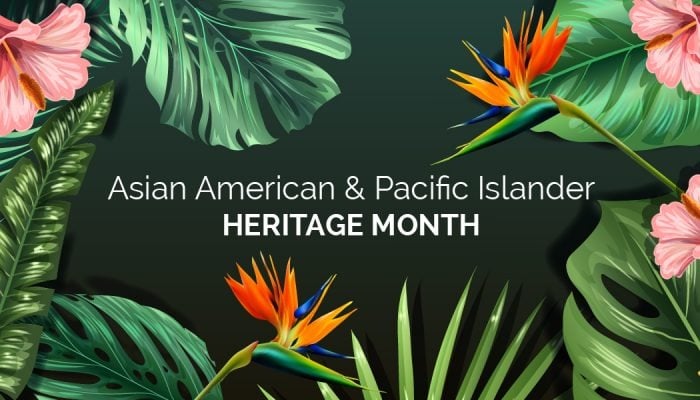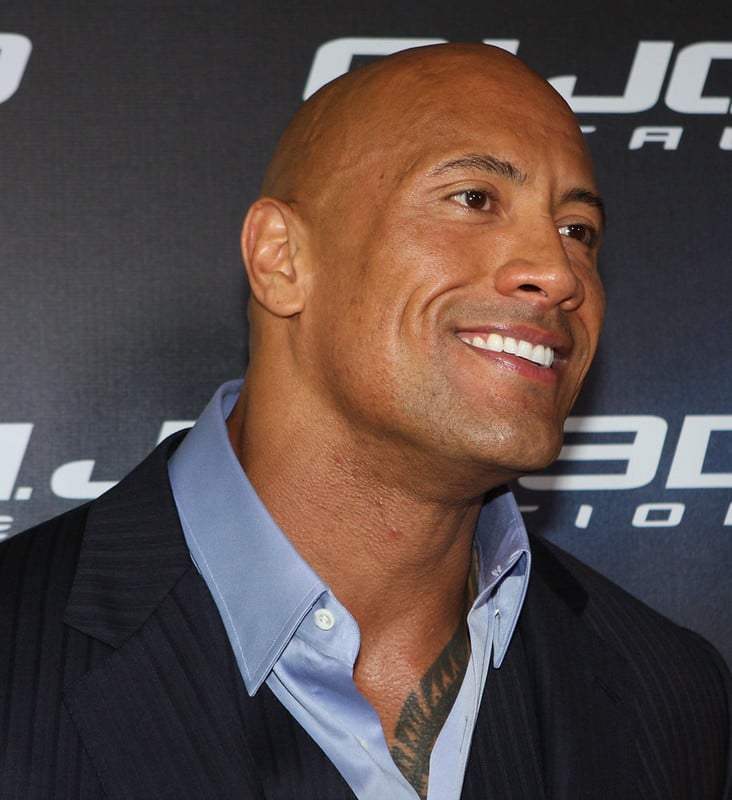
May 1st marks the start of Asian American and Pacific Islander (AAPI) Heritage Month in the United States (US). It celebrates the achievements and contributions of the AAPI community. The broad term includes 50 ethnic groups. They speak over 100 languages and have roots in more than 40 countries. They include those connected to China, India, Japan, the Philippines, Vietnam, and Korea.
May was chosen to celebrate AAPI heritage for two reasons. The first Japanese immigrants came to the US on May 7, 1843. Also, the transcontinental railroad, built with the help of Chinese workers, was completed on May 10, 1869.
The celebration initially lasted for just the first ten days of May. But in 1990, the US Congress passed a bill to extend the observance to the entire month.
The 2023 theme is "Advancing Leaders Through Opportunity." Here are two incredible individuals who have grabbed all opportunities afforded to them and become leaders in their respective fields.
Kalpana Chawla

Kalpana Chawla was the first woman of Indian origin to go to space. She spent over 31 days in space over two missions. Chawla was born in India, where she completed her bachelor's degree in aeronautical engineering. After moving to the US in 1982, she earned a Master's and a Ph.D. in the same field before joining NASA's Ames Research Center in 1988. Her childhood dream of going to space finally came true when NASA selected her for astronaut training in 1995.
Chawla made her first flight as an astronaut aboard Space Shuttle Columbia STS-87 on November 19, 1997. During the 16-day mission, the astronauts conducted numerous scientific experiments.

Her second assignment, aboard Columbia flight STS-107, launched on January 16, 2003. During the 16-day mission, the seven astronauts circled Earth 255 times, traveling about 6.6 million miles (10.6 million km).
Unfortunately, that was Chawla's final trip to space. The spacecraft broke apart as it reentered the atmosphere on February 1, 2003. All seven crew members aboard were killed. Chawla and her fellow astronauts were honored with the NASA Distinguished Service Medal and the Congressional Space Medal of Honor for their bravery and sacrifice.
Dwayne Johnson
American actor and former professional wrestler Dwayne Johnson boasts a mixed heritage. His mother is Samoan, while his father is African Canadian.
As a teen, Johnson had his mind set on playing professional football. The talented athlete even received a full scholarship to the University of Miami. Unfortunately, he was unable to play much due to a series of injuries. After graduating, Johnson signed up with a team in the Canadian Football League. But he was cut two months into the season.

Johnson returned to the US to try his hand at wrestling. His father and maternal grandfather had both been professional wrestlers. He joined the World Wrestling Federation (WWF) in 1996 and won his first title within a few months. The charismatic athlete quickly became one of the most successful and popular wrestlers of his era.
In 2001, Johnson, now nicknamed "The Rock," decided to try acting. He landed his first lead role in The Scorpion King a year later. Johnson's $5.5 million pay set a new record for first-time actors. He has since starred in several action films and franchises like Fast and Furious and Jumanji. Johnson is now one of the highest-paid stars in Hollywood.
Johnson frequently pays homage to his Samoan heritage in his social media posts. In 2019, he brought the Samoan culture to the big screen in Fast & Furious Presents: Hobbs & Shaw.
Resources: NASA.gov, CNN.com, Wikipedia.org
